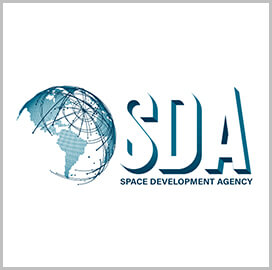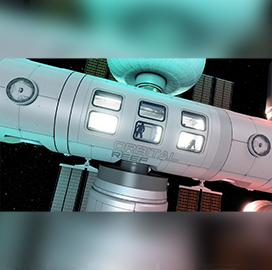
Space probes
NASA Positively Responds to Astro2020 Survey Recommendations, New Space Missions Mulled
The National Aeronautics and Space Administration is laying the groundwork for a new generation of large space telescopes, motivated in part by recommendations contained in the latest astrophysics decadal survey. The space agency announced it will go ahead with a line of probe-class missions intended to fill the gap between large flagship missions and smaller Explorer-class spacecraft, SpaceNews reported Wednesday.
The latest astrophysics decadal survey, titled Astro2020, endorsed work on probe-class missions. However, it recommended a cost cap of $1.5 billion for each mission, noting concept studies of potential probe-class missions prepared to support the decadal struggled to fit within a $1 billion cost cap.
SpaceNews further reported that NASA is mulling probe-class astrophysics missions, with a cost cap of $1 billion. Such missions are comparable to the New Frontiers line of NASA planetary science missions, which have similar costs and are limited to a handful of potential destinations for each competition.
The decadal survey identifies three important science themes for the next decade aimed at investigating Earth-like extrasolar planets, the most energetic processes in the universe, and the evolution of galaxies. The Astro2020 report also recommends critical near-term actions to support the foundations of the profession as well as the technologies and tools needed to carry out the science.
The space agency on Tuesday issued a “community announcement” that formally announced its intent to go ahead with the program. That announcement included a notional schedule for the first probe competition, with a draft announcement of opportunity to be released in June, followed by the final AO in January 2023. Proposals from interested parties are expected 90 days later.
Paul Hertz, director of NASA’s astrophysics division, said the proposed $1 billion budget does not include the cost of the launch, international contributions, or observer programs once the mission is operational.

Category: Space




